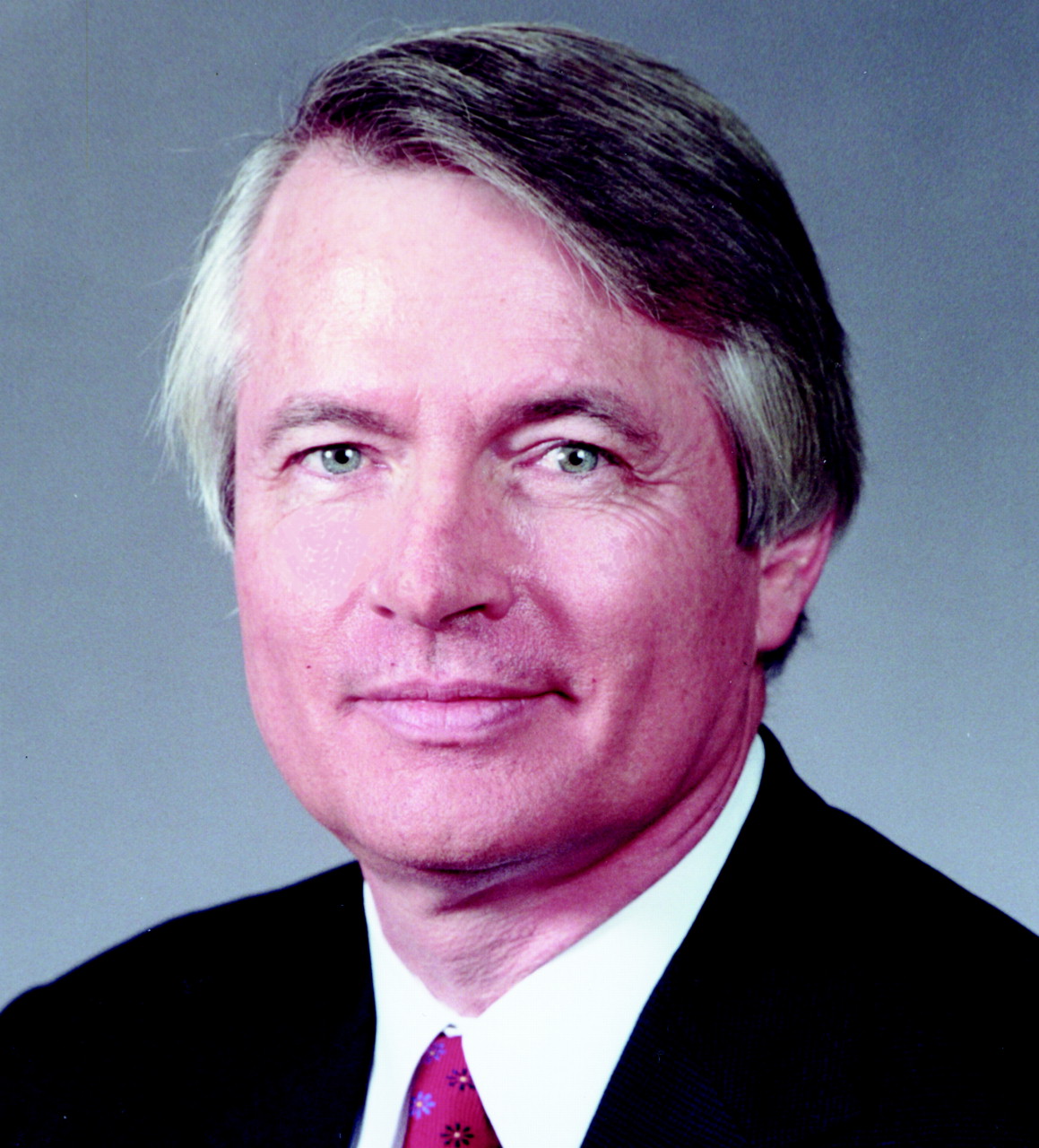Volunteer Leadership

One has only to look at the quality of past presidents to know that we have been fortunate and wise in these elections. It is of interest that past presidents, past officers, and past trustees, as well as past speakers of the Assembly, have remained active in APA, active in their private practices, and active as medical executives of major medical programs and institutions across America. They are active advisors to federal, state, and local governments; editors; counselors to peers; patients; family and friends; chairs of departments of psychiatry; and presidents of colleges.
Psychiatrists as a group are fairly private people. To put oneself forward as a candidate for election and allow inspection and sometimes criticism of oneself from peers does not come easy for most of us. In this professional organization, however, it has proved a successful process. As you make your decisions about whom you will support for officers, trustees, representatives to the Assembly of APA, and district branch and state officers, please ask yourself some of the following questions:
• Has this candidate shown by his or her personal and professional conduct that he or she is the caliber of person that you would be proud to have represent us in public settings and legislative arenas and as counselors to public officials?
• Has the candidate shown dedication to his or her profession and been willing to stand for the principles and goals for which APA has stood for more than 100 years?
• Does the candidate have the energy and stamina necessary to carry out the mandates of the membership?
• Is the candidate willing to put aside personal views to carry out the policies of the organization when, at times, these two things may come into conflict?
• Has the candidate had experience in administrative matters, and has he or she dealt with budgets, personnel, and legal issues prior to running for office?
• Does the candidate point out problems or does he or she also suggest answers?
I trust the membership of the American Psychiatric Association to consider carefully each candidate’s background, abilities, and vision for our Association before voting. The decade of the 90s has been extraordinarily difficult for our patients and profession. This new decade gives us an opportunity to re-invigorate the practice of psychiatry by implementing all the wonderful research that has come out of the “Decade of the Brain.”
APA, through its membership, leadership, and staff, will play a key role in making sure that the high quality of psychiatric care that we have all known will continue and improve in the future.
Make sure that your vote is an informed one. You owe that to the candidates, to yourself, and to your profession. ▪



